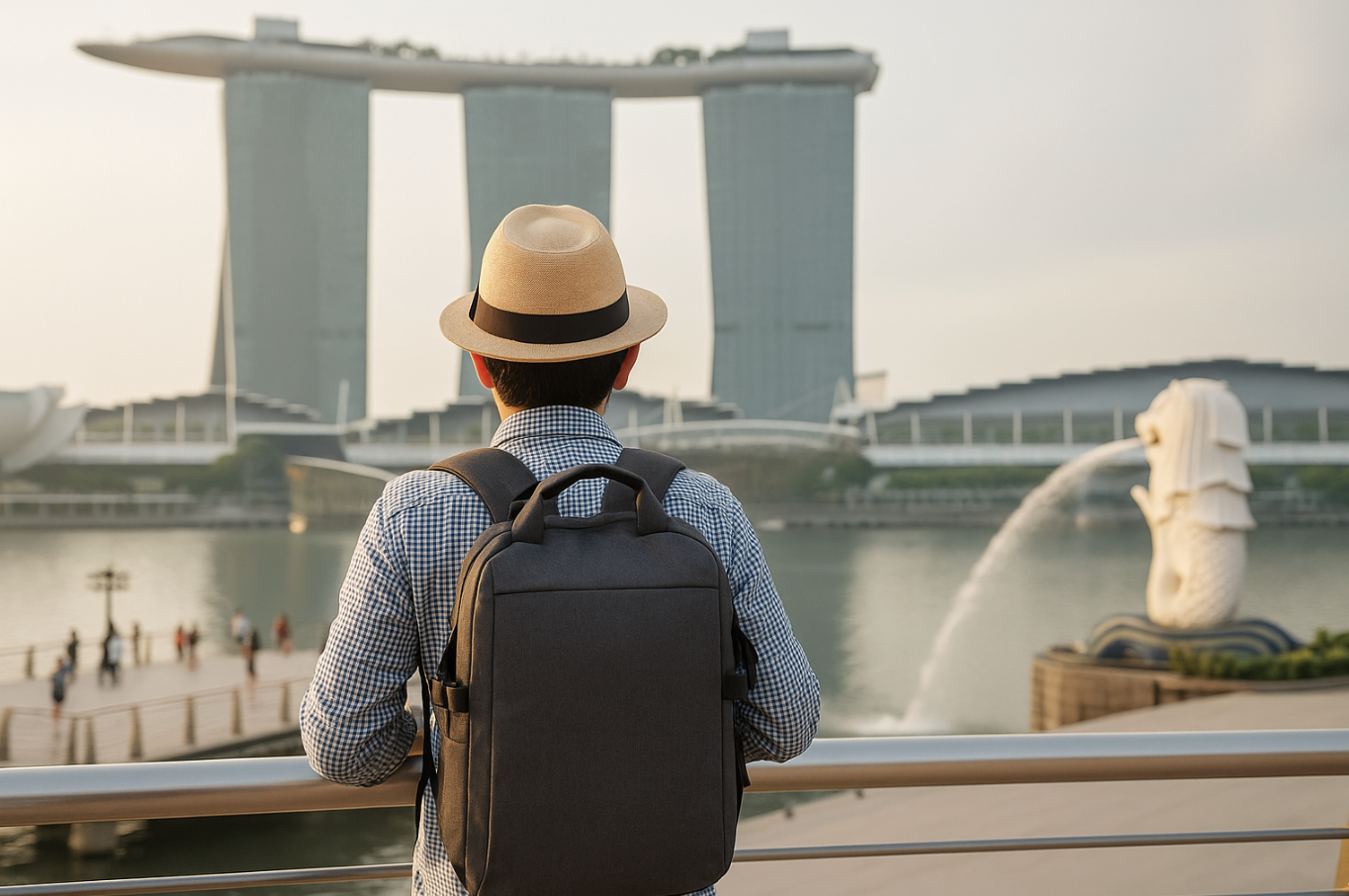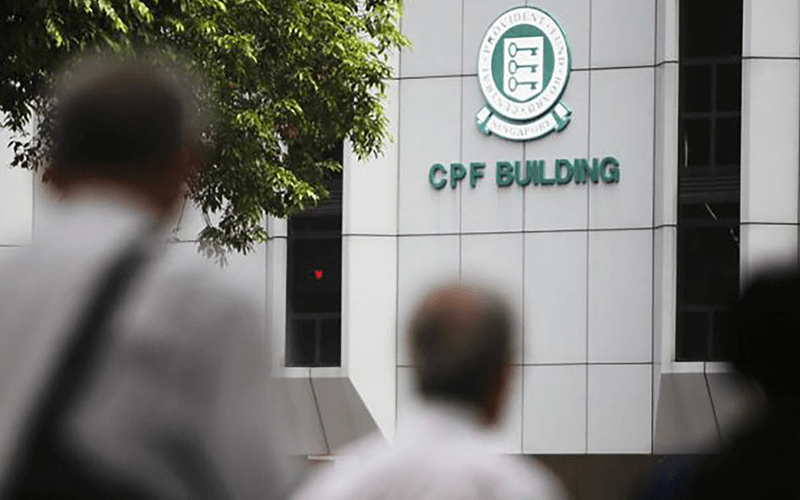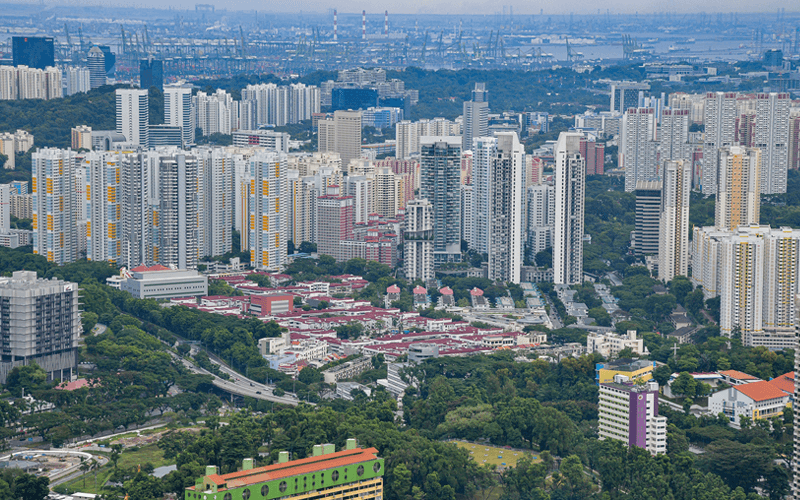Browse through our library of informative resources to stay informed and inspired


For those who have built a life in Singapore, the question of citizenship is the ultimate step in commitment. As of August 2025, in a world of shifting certainties, the answer for many is a clear yes. Singaporean citizenship remains a highly valuable goal, primarily driven by its unparalleled global mobility, substantial housing benefits, and robust social safety nets.
However, the decision is more complex than a simple list of benefits. It involves significant trade-offs, a rigorous application process, and a deep commitment to the nation’s future. This definitive guide provides a comprehensive look at what you need to know before making the leap in 2025.
Before diving into the detailed benefits, two crucial, high-level factors must be addressed first.
One of the most celebrated advantages of Singaporean citizenship is the extraordinary global mobility it confers. The Singapore passport maintains its top-tier status in 2025, consistently ranking among the world’s most powerful. As of the latest rankings this year, it offers citizens visa-free or visa-on-arrival access to over 190 countries, an invaluable asset for business, leisure, and family connections.
This is the most significant consideration for any applicant. Singapore does not permit dual citizenship for adults. Upon approval of your application, and before you can be registered as a Singaporean citizen, you will be required to formally renounce your citizenship of origin. This is a non-negotiable step. The decision is therefore not just about what you gain, but also about what you must give up: including the legal rights, passport, and identity tied to your birth country. This is often the most profound and difficult part of the journey.
For the many Permanent Residents (PRs) considering this step, a direct comparison highlights the tangible upgrades that citizenship provides.
| Feature | Permanent Resident (PR) | Singapore Citizen |
| Public Housing | Can only buy HDB resale flats. Cannot buy new, subsidized BTO flats. | Can buy both HDB resale and new, subsidized flats (e.g., BTOs). |
| Property Tax | Pays higher property tax rates on residential property. | Pays lower, owner-occupier residential property tax rates. |
| Stamp Duty (ABSD) | Pays 5% Additional Buyer’s Stamp Duty (ABSD) on the first property. | Pays 0% ABSD on the first residential property. A massive saving. |
| Healthcare Subsidies | Receives subsidies at public hospitals and polyclinics, but at a lower rate. | Receives the highest tier of government subsidies for healthcare. |
| Education | Pays higher school fees for children in government schools. | Pays significantly lower, heavily subsidized school fees. |
| Voting Rights | Not eligible to vote in elections. | Mandatory to vote in parliamentary and presidential elections. |
| Passport & Travel | Travels on the passport of their country of origin. | Travels on a high-ranking Singapore passport. |
Beyond the high-level comparison, citizenship unlocks a comprehensive system of support designed to enhance the well-being of Singaporeans.
The dream of homeownership is a cornerstone of Singaporean society, and citizens hold all the keys. Beyond being able to purchase subsidized Build-To-Order (BTO) flats, citizens benefit from a wide range of CPF Housing Grants. These grants can significantly reduce the cost of a home, with total grants for first-time families reaching up to S$190,000 depending on income and flat choice.
Citizens are entitled to the highest level of healthcare subsidies. This is evident in schemes like the Community Health Assist Scheme (CHAS), which provides significant subsidies for medical and dental care. Furthermore, initiatives rolled out this year, such as the MediSave Bonus, have provided targeted support to citizens to bolster their medical savings.
Earlier this year, several key changes to the Central Provident Fund (CPF) system came into effect. The CPF monthly salary ceiling was raised to further boost members’ retirement savings, and the Enhanced Retirement Sum was increased, allowing members to save more for higher monthly payouts in retirement. These structural enhancements are designed primarily for the long-term financial security of Singaporean citizens.

The government’s commitment to citizens is most apparent in its support for families. School fees for citizens are nominal compared to those for PRs. This year, eligible Singaporean children received top-ups to their Edusave or Post-Secondary Education Accounts (PSEA). New parents who are citizens benefit from the Baby Bonus Scheme, which includes a cash gift and a Child Development Account (CDA), where savings are matched dollar-for-dollar by the government.
As part of the nation’s 60th year of independence celebrations, the government is distributing SG60 Vouchers to all adult citizens to help with daily expenses, with seniors receiving a higher amount. This is in addition to the permanent GST Voucher (GSTV) scheme, which provides ongoing cash and MediSave support to lower- and middle-income Singaporeans to offset the cost of living.
Understanding the benefits is only half the picture. The path to citizenship is a formal process, and the destination comes with solemn duties.
The application process is managed by the Immigration & Checkpoints Authority (ICA). While there are no official checklists, successful applicants generally meet the following criteria:
ICA conducts a holistic and qualitative review, considering factors like your family ties to Singaporeans, qualifications, age, and length of residency. The timeline from submission to outcome is not fixed and can realistically take 12 to 24 months or longer. The process is highly selective, and not all applications are successful.
With the rights of citizenship come two fundamental duties:
In 2025, the case for Singaporean citizenship is as strong as ever. The tangible benefits from housing and healthcare to the power of the passport does provide a level of security and opportunity that is difficult to match.
However, the decision must be weighed against the profound, irreversible step of renouncing one’s original nationality and the embrace of new civic duties. It is a journey that requires patience, a deep understanding of the nation’s values, and a wholehearted commitment to calling Singapore home. For those ready to make that leap, the rewards are indeed comprehensive and life-changing.

The Singapore Citizenship application process can be lengthy and complicated. More documents are required than a Singapore PR application, and the selection procedure is more stringent.
Our expert consultants can assist with not just documents-preparing. Most importantly, we can assess your profile and provide constructive advice to increase your chances of approval.
No, Singapore does not allow dual citizenship.
If you intend to be a Singapore citizen, you must renounce your foreign citizenship.
It depends. Singapore citizenship applications usually take 12 months to process.
Still, it is on a case-by-case basis.
With all the privileges and benefits of Singapore citizenship and if you see yourself (and your family) staying in Singapore for the long term, it is worth it.
The Singapore Citizenship application is done online.
You would need to gather all the mandatory documents listed on ICA’s website, such as:
Expect to pay upfront application fees to submit your Singapore Citizenship application.
The processing time for Singapore Citizenship applications is typically 12 months, although some may take longer. The application status is available for online checking.
Accepted applicants will receive an In-Principle Approval letter and must complete the Singapore Citizenship Journey to receive their official pink IC and Singapore passport.
Please share with us some details about your needs, we will get back to you.